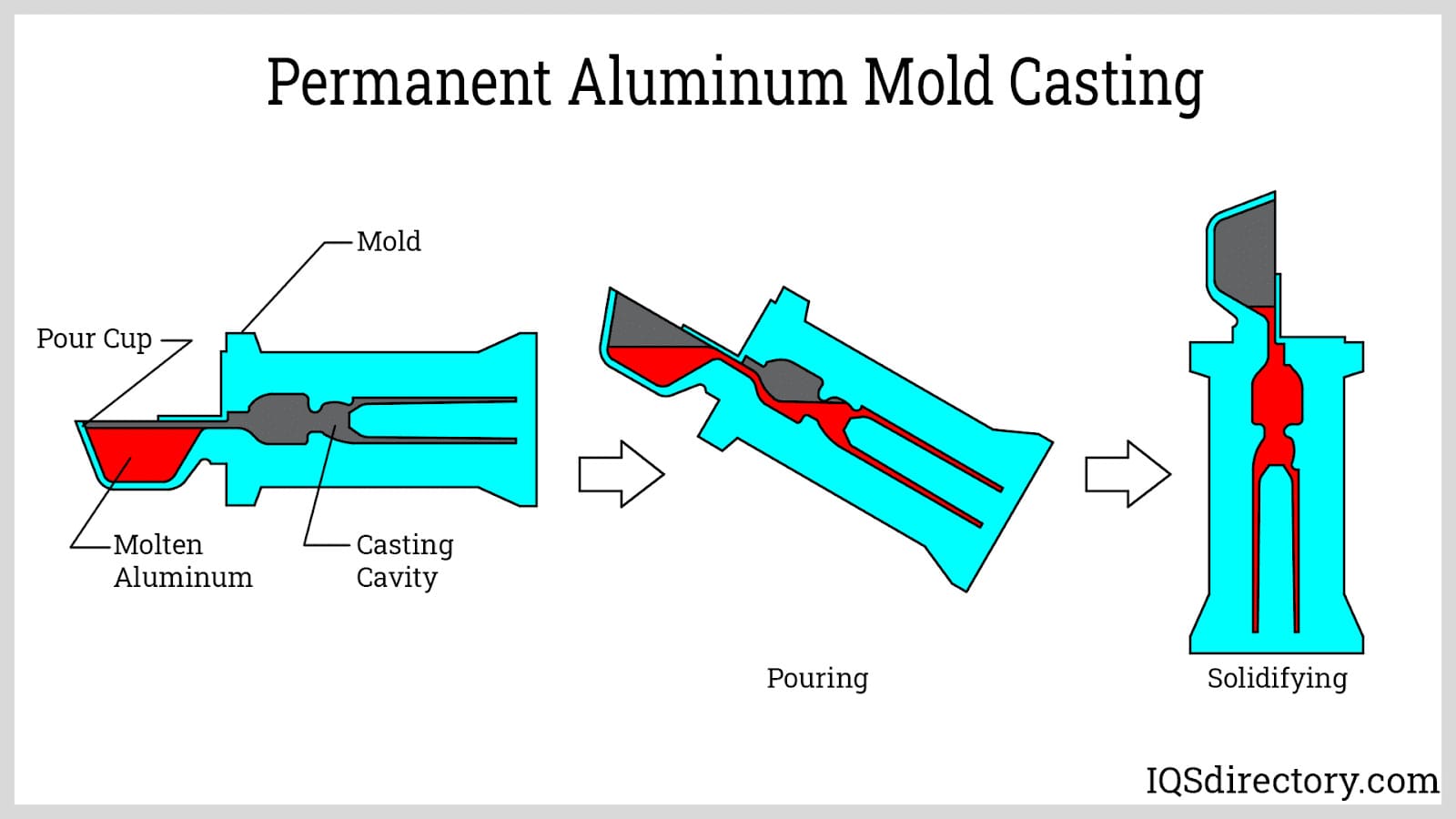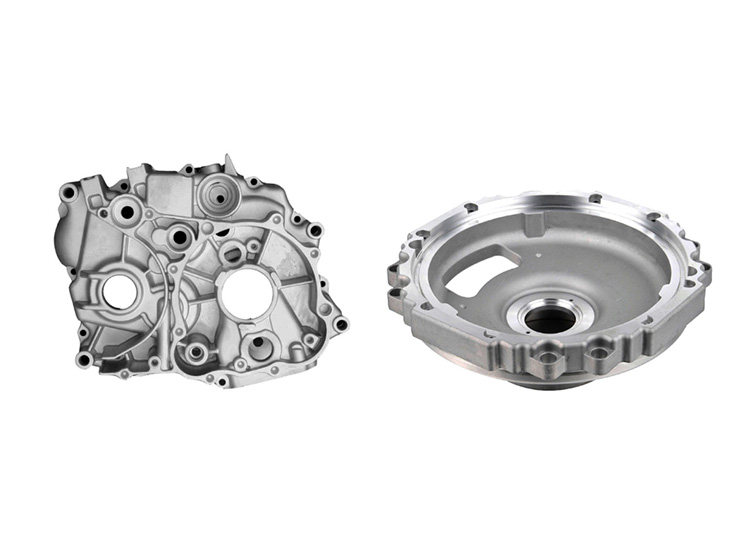Stahl Specialty Company Fundamentals Explained
Stahl Specialty Company Fundamentals Explained
Blog Article
Stahl Specialty Company Fundamentals Explained
Table of ContentsLittle Known Questions About Stahl Specialty Company.The Buzz on Stahl Specialty CompanyLittle Known Facts About Stahl Specialty Company.How Stahl Specialty Company can Save You Time, Stress, and Money.Excitement About Stahl Specialty Company
Chemical Comparison of Cast Aluminum Alloys Silicon advertises castability by reducing the alloy's melting temperature and enhancing fluidness throughout casting. In addition, silicon adds to the alloy's strength and put on resistance, making it important in applications where longevity is essential, such as auto parts and engine parts.It likewise boosts the machinability of the alloy, making it easier to process into ended up products. In this method, iron contributes to the overall workability of light weight aluminum alloys.
Manganese contributes to the strength of aluminum alloys and boosts workability. Magnesium is a lightweight component that gives strength and impact resistance to light weight aluminum alloys.
Zinc enhances the castability of light weight aluminum alloys and assists control the solidification process during spreading. It enhances the alloy's stamina and hardness.
Indicators on Stahl Specialty Company You Should Know
Due to the fact that aluminum-silicon alloys have good spreading properties, high gas residential properties, simple procedures, and exceptional deterioration resistance, aluminum-silicon alloys are most typically utilized in the die-casting industry in your home and abroad. At the very same time, aluminum-silicon alloys are also fairly very early and widely acknowledged alloys developed and utilized in die-casting. After continual research and renovation, the majority of the present worldwide mainstream aluminum-silicon alloys have actually been completed and are nothing more than A356, A360, A380, ADC12, B390, and A413.
The primary thermal conductivity, tensile toughness, return toughness, and elongation differ. Among the above alloys, A356 has the highest possible thermal conductivity, and A380 and ADC12 have the most affordable.

See This Report about Stahl Specialty Company
In precision casting, 6063 is appropriate for applications where detailed geometries and high-quality surface area finishes are vital. Instances consist of telecommunication rooms, where the alloy's exceptional formability enables for sleek and aesthetically pleasing designs while preserving architectural honesty. In the Lights Solutions market, precision-cast 6063 parts produce sophisticated and reliable lights components that call for complex shapes and great thermal efficiency.
(https://letterboxd.com/stahlspecialc/)
It results in a better surface area finish and better corrosion resistance in A360. In addition, the A360 displays exceptional prolongation, making it ideal for complex and thin-walled elements. In read this precision casting applications, A360 is fit for markets such as Consumer Electronics, Telecommunication, and Power Tools. aluminum foundry. Its boosted fluidness permits complex, high-precision components like smart device coverings and communication tool real estates.

In accuracy spreading, aluminum 413 shines in the Customer Electronic Devices and Power Equipment industries. This alloy's superior corrosion resistance makes it a superb option for outside applications, making certain lasting, sturdy products in the mentioned industries.
How Stahl Specialty Company can Save You Time, Stress, and Money.
The light weight aluminum alloy you select will significantly impact both the spreading procedure and the residential or commercial properties of the final item. Since of this, you have to make your choice thoroughly and take an educated strategy.
Identifying one of the most appropriate aluminum alloy for your application will suggest considering a wide array of features. These comparative alloy qualities follow the North American Die Casting Organization's standards, and we have actually separated them into two groups. Foundries in Missouri. The initial classification addresses alloy attributes that influence the manufacturing process. The 2nd covers characteristics affecting the buildings of the end product.
The alloy you choose for die spreading directly influences several aspects of the spreading process, like how easy the alloy is to collaborate with and if it is prone to casting flaws. Warm cracking, also called solidification breaking, is a common die spreading problem for light weight aluminum alloys that can result in inner or surface-level tears or cracks.
The smart Trick of Stahl Specialty Company That Nobody is Talking About
Particular light weight aluminum alloys are a lot more at risk to hot splitting than others, and your selection needs to consider this. Another typical flaw located in the die casting of aluminum is die soldering, which is when the actors stays with the die walls and makes ejection challenging. It can damage both the cast and the die, so you need to look for alloys with high anti-soldering properties.
Corrosion resistance, which is already a significant attribute of light weight aluminum, can differ considerably from alloy to alloy and is an important particular to consider depending on the ecological conditions your item will certainly be revealed to. Use resistance is an additional home frequently sought in aluminum products and can set apart some alloys.
Report this page